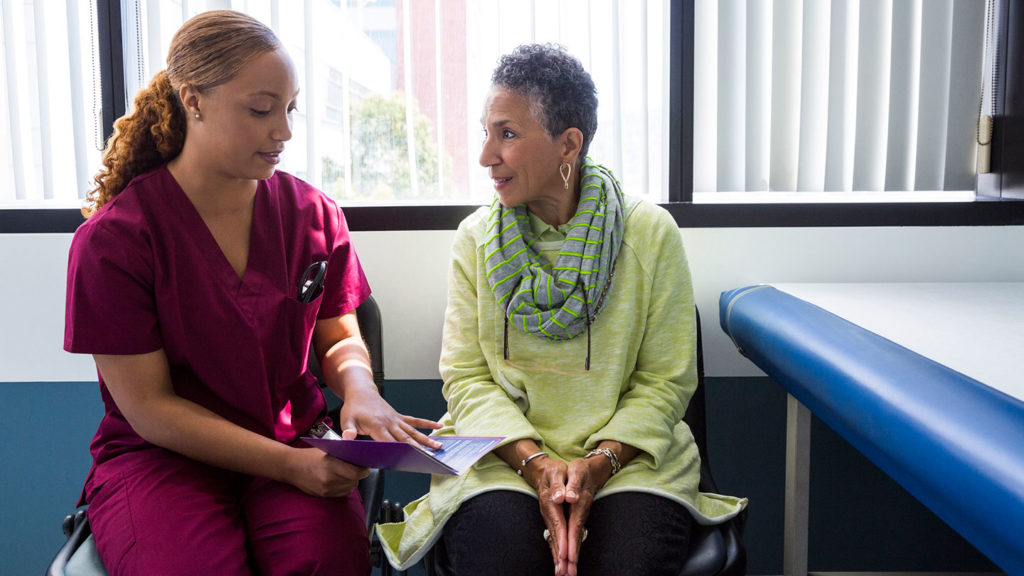
Better resident preparation and communication during the discharge process is the key for skilled nursing facilities hoping to reduce hospital readmissions and produce better outcomes, new study findings show.
The conclusions were among the facility-specific interventions detailed by the United Hospital Fund in a new report released Monday.
“The difficulties that patients experience when transitioning home from care in a skilled nursing facility are only a small example of the lack of a comprehensive and sustainable long-term care strategy,” the report on improving transitions states.
“While there are many challenges that need to be addressed when a patient is discharged from an acute care hospital to a SNF, a ‘warm handoff’ of the patient to the receiving health care provider is possible and has been identified as a successful transition of care strategy,” it added.
The overall report followed eight skilled nursing facilities in New York over a two-year learning collaborative. Policies they put in place included improving medication education before discharge and improving patient education on chronic illness self-management.
One SNF that started conducting follow-up calls within 72 hours of a discharge was able to improve patients’ self-reported understanding of medications improved from 60% to 94%.
Another facility found that communication about a patient’s discharge plan among staff was inconsistent, so it assigned a single point person to oversee the plan. The SNF assessed patient satisfaction with the discharge plan through pre- and post-discharge surveys.
“Over a four-month period, 91% of patients indicated pre-discharge that they were given educational materials and/or teaching about their diagnosis and management at home. This increased to 100% post-discharge, suggesting that gaps identified by the pre-discharge survey during the rehab stay were successfully addressed before discharge,” report authors noted.
Researchers said these measures addressing communication breakdowns among SNF staffers and patient education could help increase patient confidence to manage their conditions and prevent being readmitted into a hospital.
“The SNFs were all able to identify opportunities for improvement in their internal discharge planning processes that could benefit the patients and families they serve,” the report concluded.




